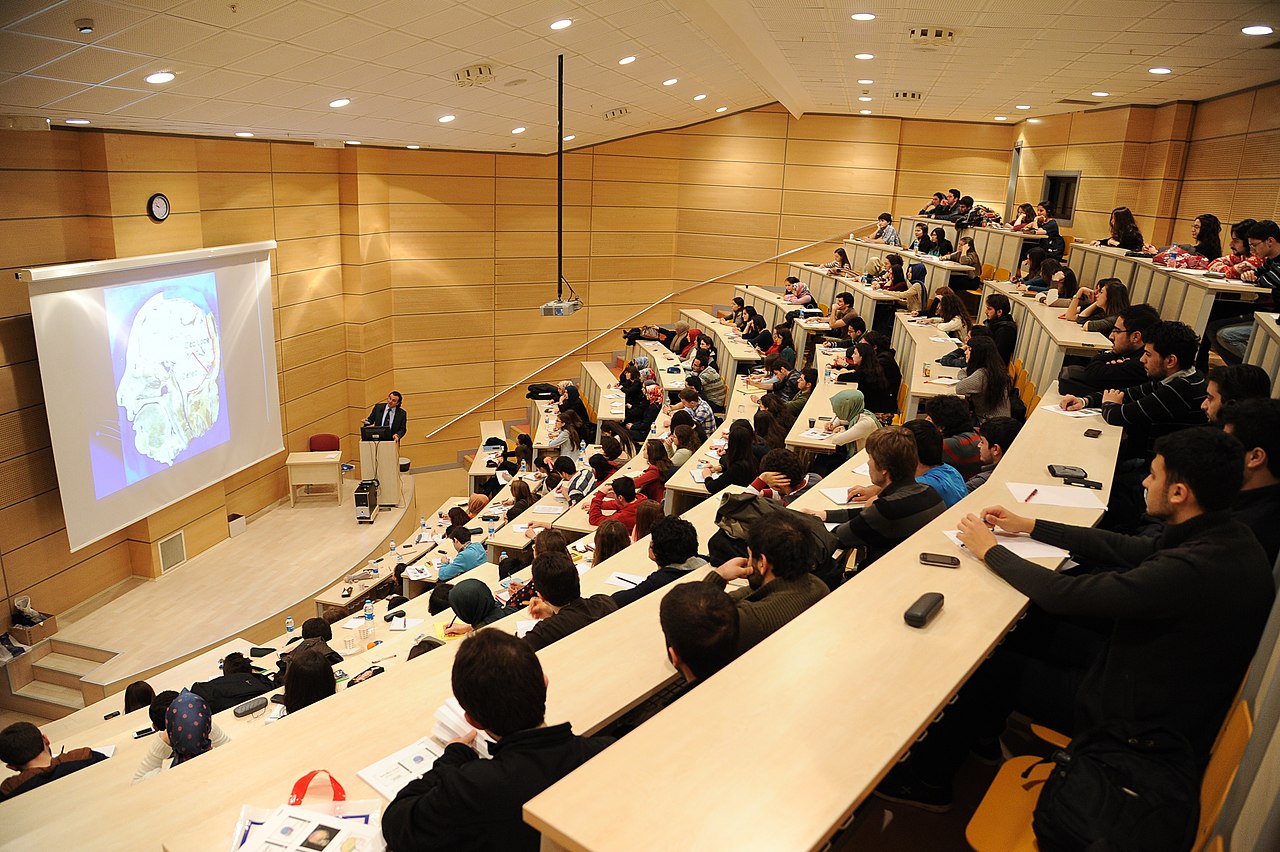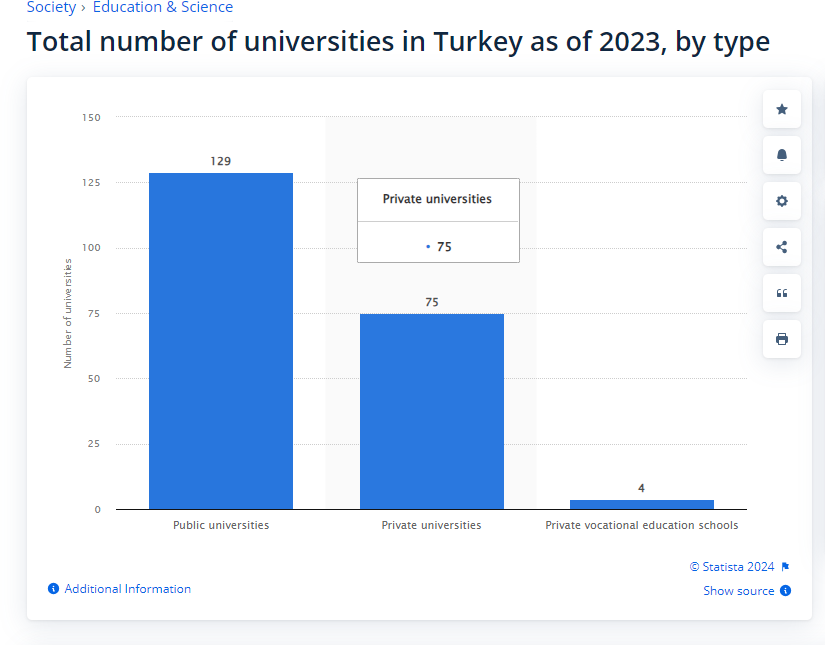
Türkiye's higher education system is at stake as the number of students dropping out of universities in the country has nearly matched the number of those enrolling, according to data from the Higher Education Quality Council of Türkiye (YOKAK).
While 3 million students dropped out of universities in the last eight years, this figure was 625,000 in 2023 alone.
This increase indicates growing economic difficulties due to the competitive Turkish job market, and future anxieties among students in Türkiye's higher education.
Factors such as rising inflation, cost of living, and fears of unemployment are forcing young people to abandon their academic careers.
For example, Ataturk University in Erzurum recorded 12,276 students dropping out in 2022, making it one of the universities with the highest dropout rates in the country.
Other universities in major cities like Istanbul, Ege and Gazi also witnessed high dropout rates. Surveys conducted with students revealed economic hardships were the primary reason for leaving their studies.

Between 2015 and 2023, the number of students dropping out of university reached 3 million. While enrollment in higher education has increased during this period, the labor market's inability to absorb these graduates has expanded the "unemployed university graduates" cohort.
The rising number of students leaving universities raises concerns about the sustainability of Türkiye's educational system and its ability to produce qualified workers for the country's development goals.

The rise in the number of universities in Türkiye has led to a decline in education quality and an increase in unemployed white-collar workers. According to the opposition party, Good Party (IYI Party) Deputy Chair Bugra Kavuncu, qualified academics are leaving the country, weakening Türkiye's intellectual capital. As more graduates struggle to find jobs in a saturated labor market, it becomes even more challenging for young people to complete their education.
According to the Turkish Statistical Institute (TUIK), the broad measure of unemployment, which includes discouraged workers and those underemployed, reached 27.3% in 2024. Youth unemployment, which includes university graduates, increased to 16.3%. These figures highlight the immense difficulties educated young people face in finding employment.

As the number of universities in Türkiye increases, a striking trend has emerged: white-collar university graduates are earning less than blue-collar workers without university degrees. This shift suggests that the advantages provided by higher education in the job market are weakening. The reversal in wage balance is also likely contributing to the rise in university dropout rates. Many young people prefer to pursue more lucrative job opportunities rather than completing their university education only to face lower wages.
The rising dropout rates in Türkiye's universities, coupled with true unemployment reaching 27.3%, are threatening the balance between education and the job market. The increase in the number of universities is not fostering greater employment opportunities for young people but rather contributing to an oversupply of graduates facing unemployment.
The economic situation, low wages, and an unqualified labor market make university education both costly and risky.
Without addressing these structural issues, the imbalance between education and employment in Türkiye could lead to even greater challenges in the future.